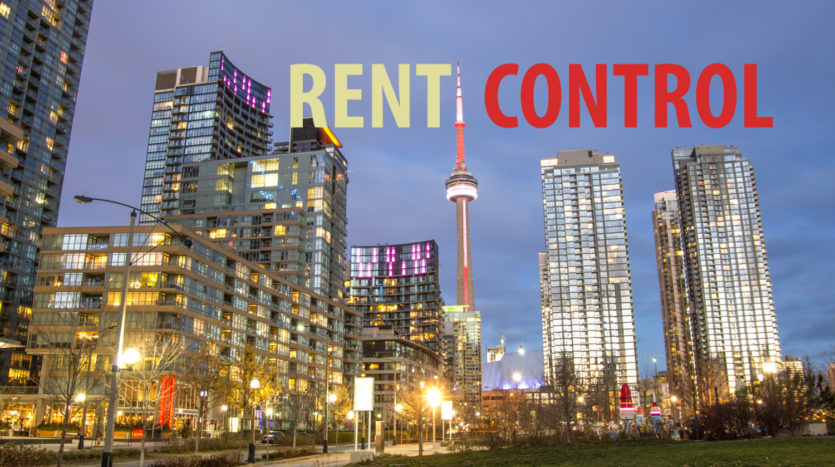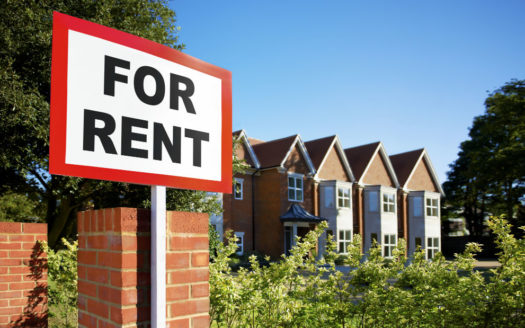New Ontario Rent Control To Close Off Loop Hole And What It Means To Landlords
Ontario’s current two-tiered system for rent control is a loophole left over from the Mike Harris era. In the 1990s, the Progressive Conservative government removed rent control on new rental properties but left them intact for properties built before 1991. The result has been a development boom for condos, which are exempt from rent control, and whose residents can see rent hikes of 30 per cent or more.[1]
The Ontario government has now decided to cool the housing market by proposing 16 measures. One of the measures is to expand rent control that will apply to all private rental units in Ontario, including those built after 1991, which are currently excluded. It means that if you currently own an investment property and is looking to increase the rent, that increase is set at 1.5% with an existing tenant. Anything above guideline increases made on or after April 20, 2017 would be against the law. Also, if you are considering to get rid of a tenant in order to increase the rent above the guideline, think again it is not so easy to rid yourself of your tenant.
According to the Ontario Residential Tenancy Act (RTA), As A Landlord You Can Only Evict A Tenant For The Following Reasons:
- Tenant owes rent
- Tenant often pay rent late
- Tenant or their guests did something illegal on the property (as outlined by the RTA)
- Tenant or their guests caused damage or serious problems for you or people living nearby (as outlined by the RTA)
- You the landlord want to tear down the building or use it for another purpose
- You the landlord, your family*, someone buying your place, or the buyer’s family wants to move in
*family includes only spouse, child, parent, spouse’s child, and spouse’s parent. It also includes a caregiver for any of them.[2]
Even then, you will need to serve a notice first as part of the initial step. The whole process can take on average 90 days or longer to evict a tenant legally.
More than ever it is important for property owners on the onset to set the price accordingly and to be familiar with the RTA. Working with a real estate agent or a property manager to help inform you on the current rental landscape, rules and how to properly price your unit will definitely eliminate rental headaches later on.
What Should You Consider When Pricing Your Investment Properties?
- Does my rent less expenses equal to a positive cash flow?
- What are all my expenses?
- What is the average rental price for my property?
- Do I see any foreseen increase in my maintenance cost and/or property tax?
[1] https://www.theglobeandmail.com/real-estate/toronto/ontario-housing-16-big-changes-explained-in-charts/article34757648/
[2] http://www.cleo.on.ca/en/publications/tenantsaccess/eviction





